Matt Hancock has revealed confusion over what people should do if his new smartphone app tells them they were in contact with someone with coronavirus symptoms.
Ministers had yet to decide whether to order them to stay at home, the health secretary said – but suggested they would not also be given a test, despite more than 100,000 a day now being available.
Critics have already questioned why Mr Hancock has described his policy as “test, track and trace”, rather than “test, trace and isolate” as in Scotland.
Download the new Independent Premium app
Sharing the full story, not just the headlines
In South Korea, which pioneered the programme, anyone who has had contact with a Covid-19 patient is themselves tested and, if necessary, told to go into quarantine.
But Mr Hancock, asked if people alerted by the technology in the UK would “take a test or start self-isolating”, revealed that no decisions had been taken, ahead of the trial starting on the Isle of Wight.
“The important thing is that, as soon as you get symptoms, then you know that you have the symptoms,” he told BBC News.
“One of the things we are testing on the Isle of Wight is whether, actually, the best thing is for you to self-isolate in case you develop the symptoms.”
But Keir Starmer said Mr Hancock must adopt the system in South Korea and elsewhere, as well as recruit the staff to carry out physical tracing, if the trial were to succeed.
He said testing was still largely restricted to key workers and vulnerable groups, despite the daily total rising to 85,000 on Monday.
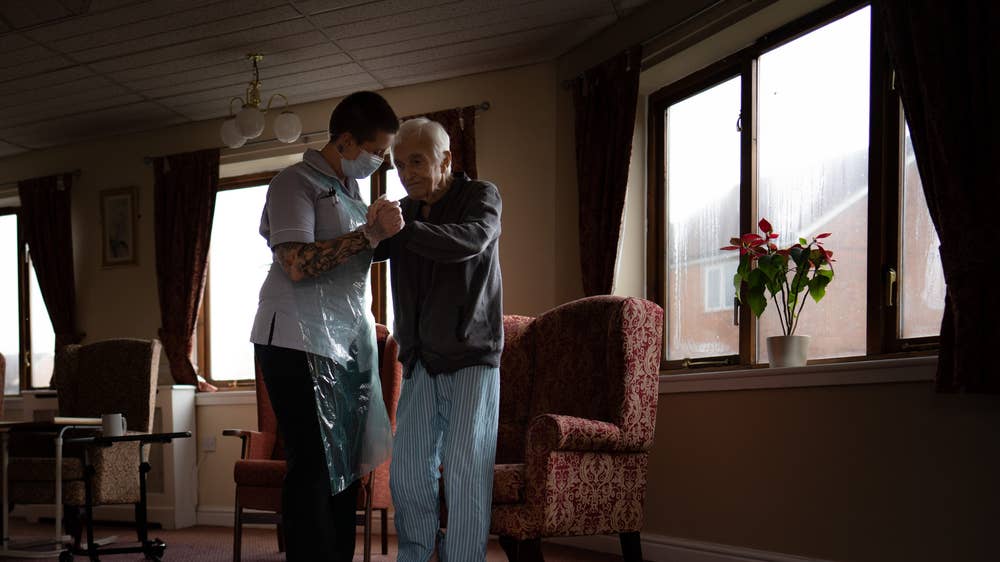
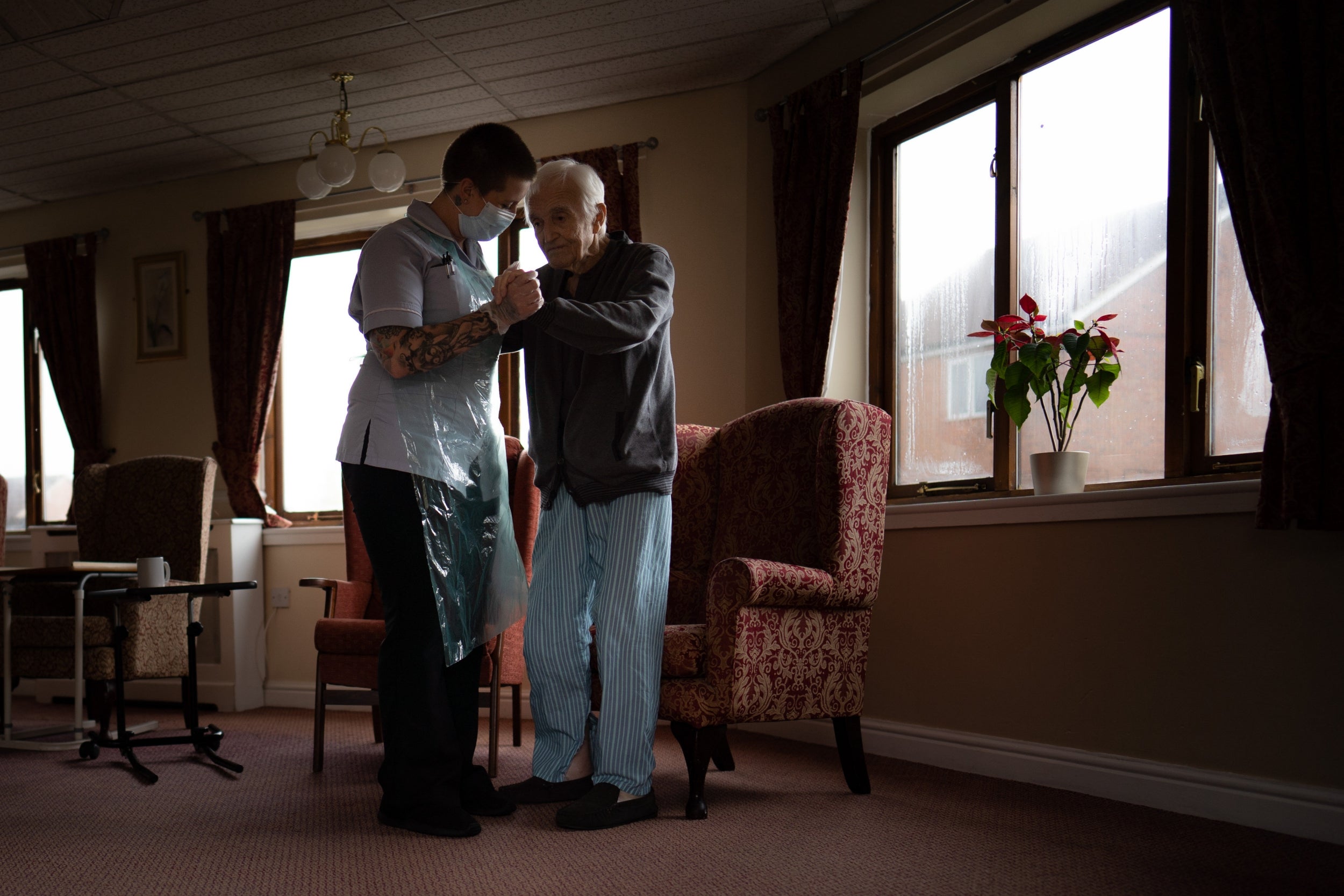
1/18
Jack Dodsley, 79, with a carer in PPE at Newfield Nursing Home
Tom Maddick/SWNS
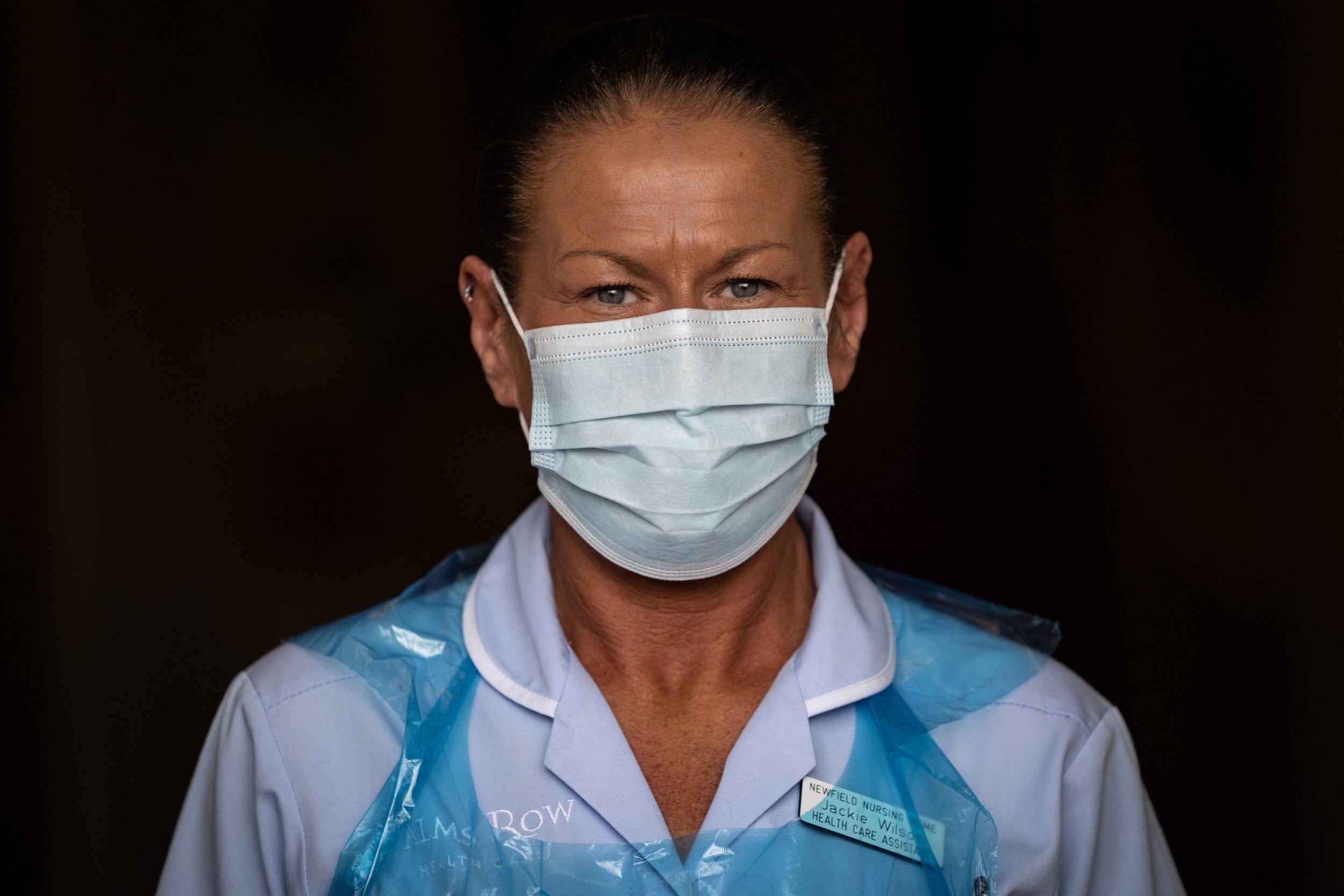
2/18
Jackie Wilson, a healthcare assistant, wearing PPE before going into rooms
Tom Maddick/SWNS
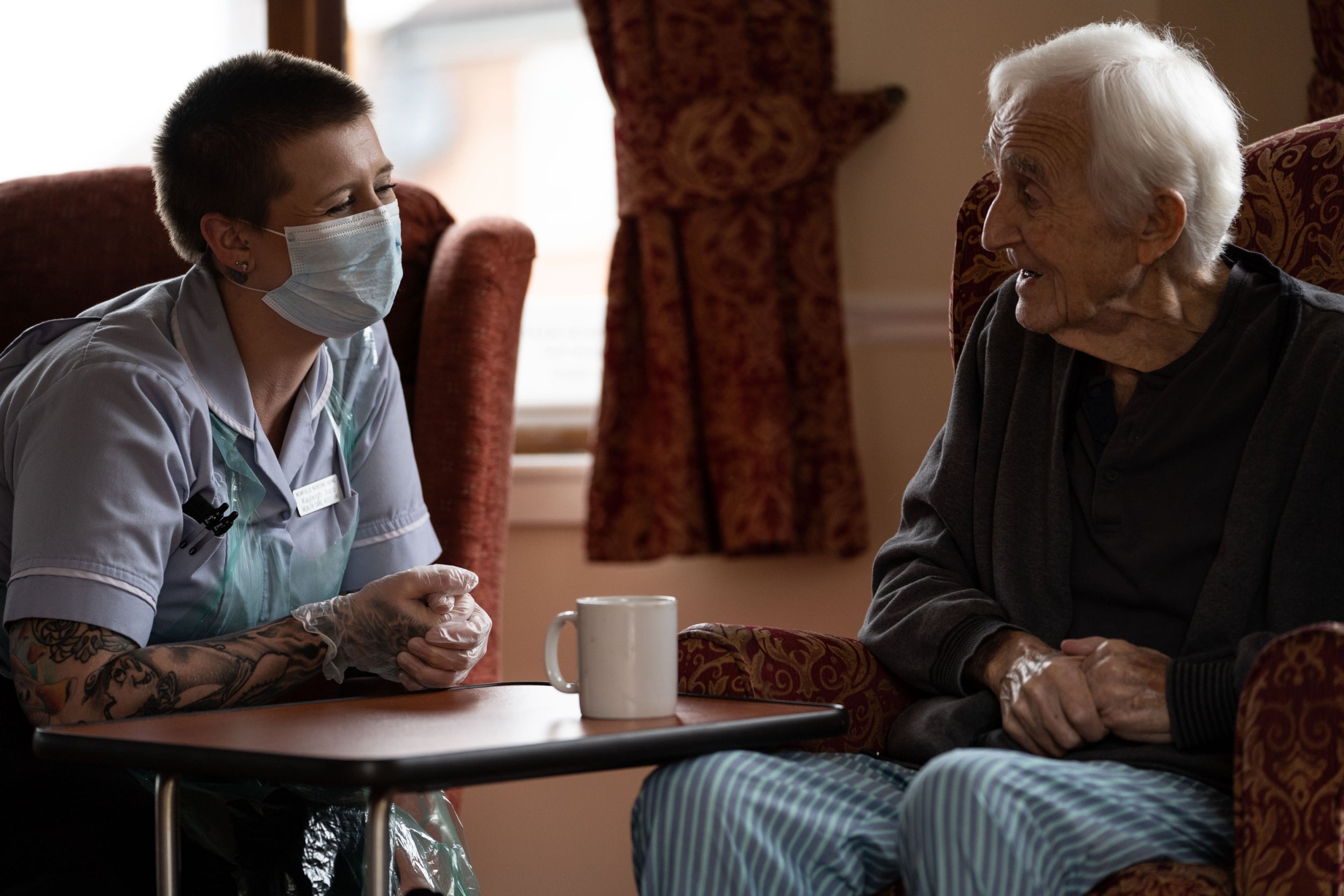
3/18
Jack Dodsley, 79, speaks to a carer at Newfield Nursing Home
Tom Maddick/SWNS
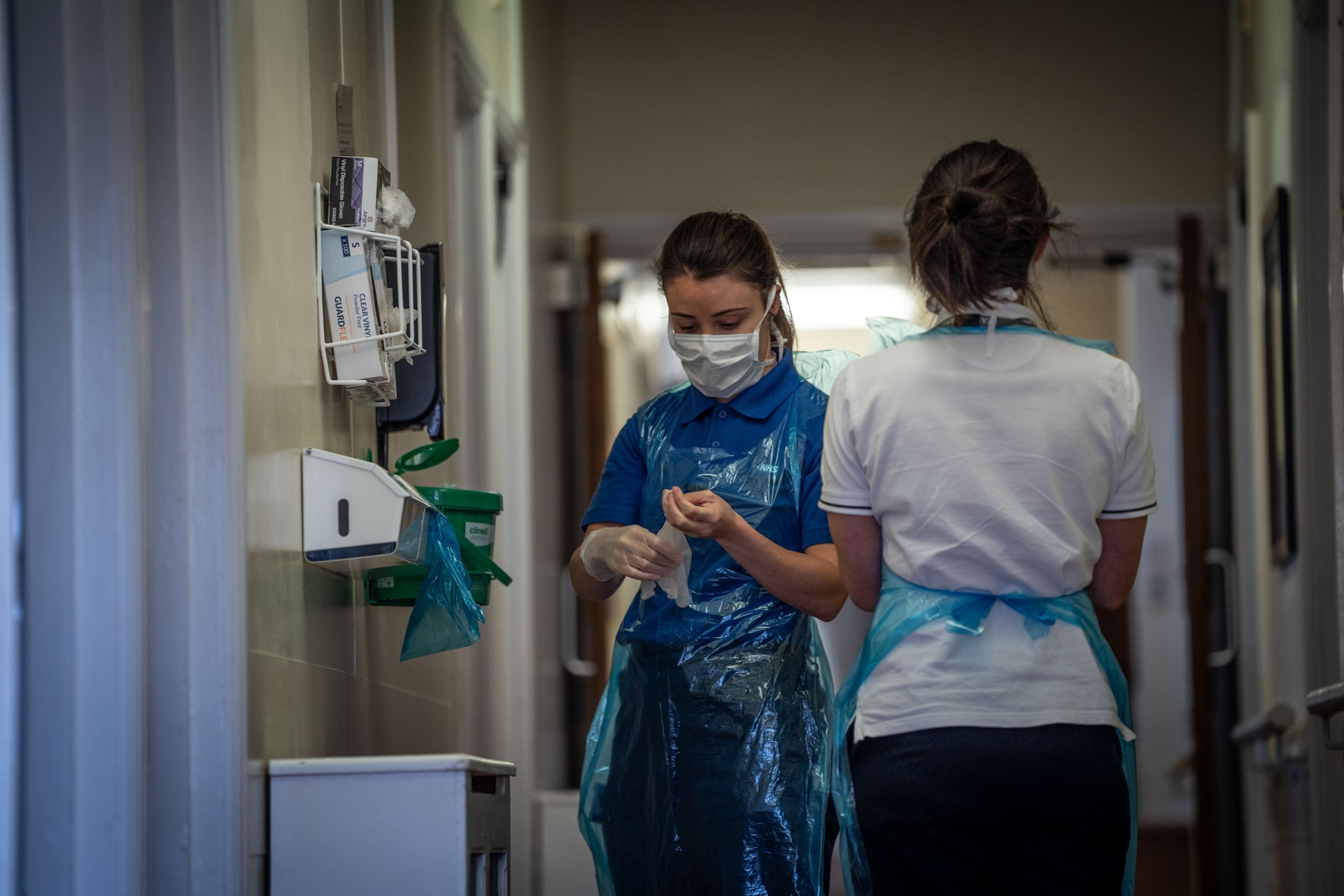
4/18
Carers working at Newfield Nursing Home
Tom Maddick/SWNS
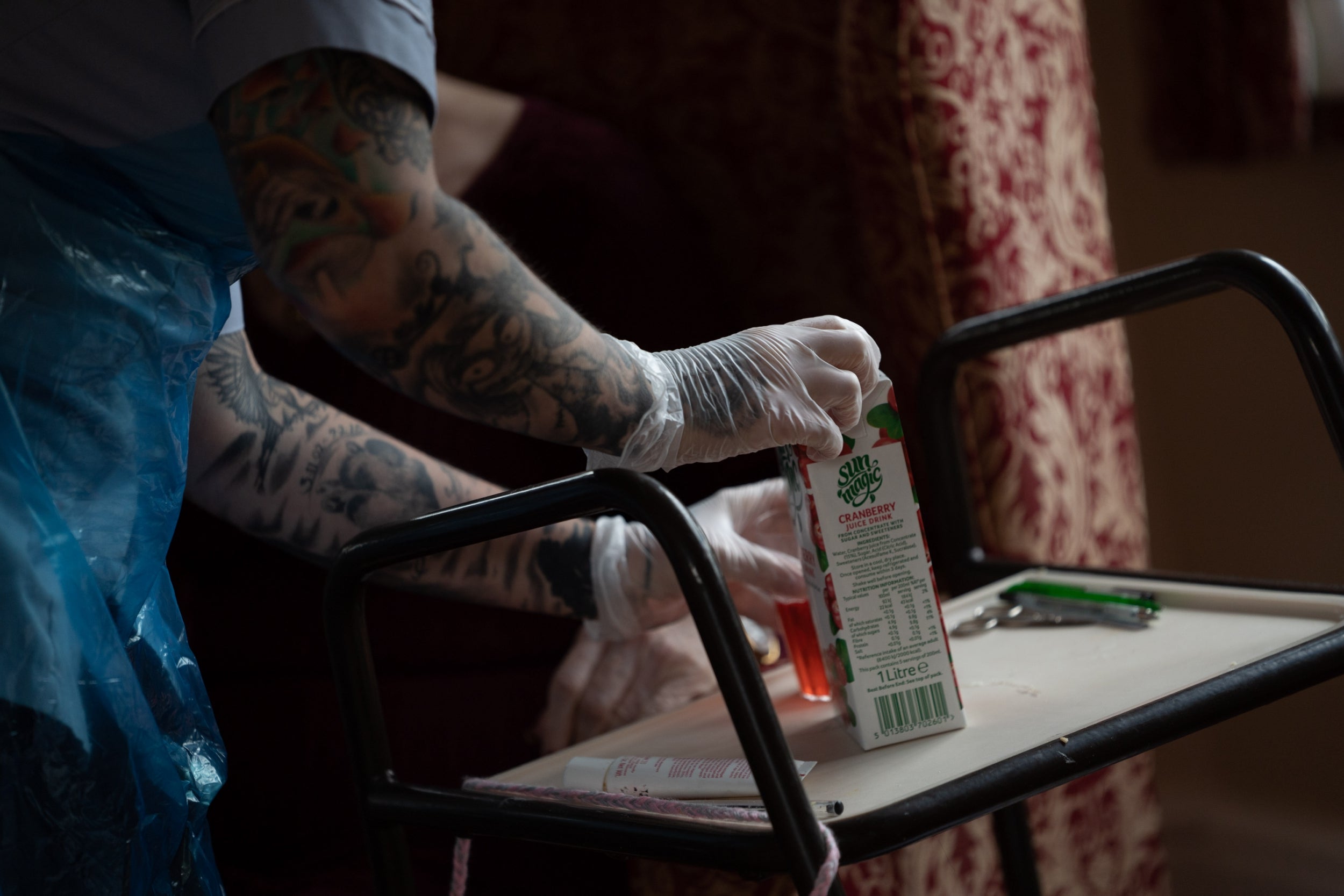
5/18
A care worker wearing PPE opens a drink carton
Tom Maddick/SWNS
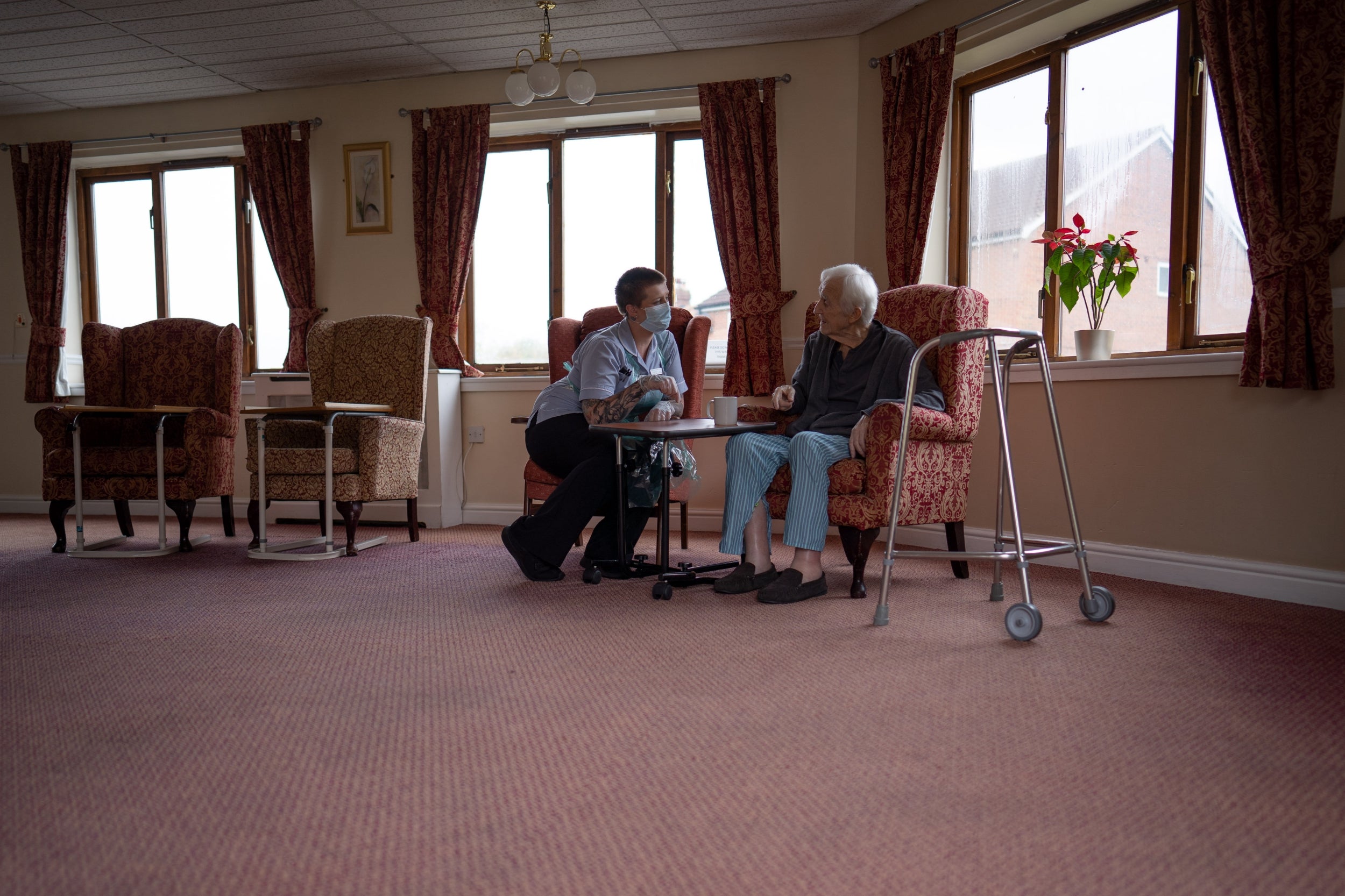
6/18
Jack Dodsley, 79, sits with a carer
Tom Maddick/SWNS
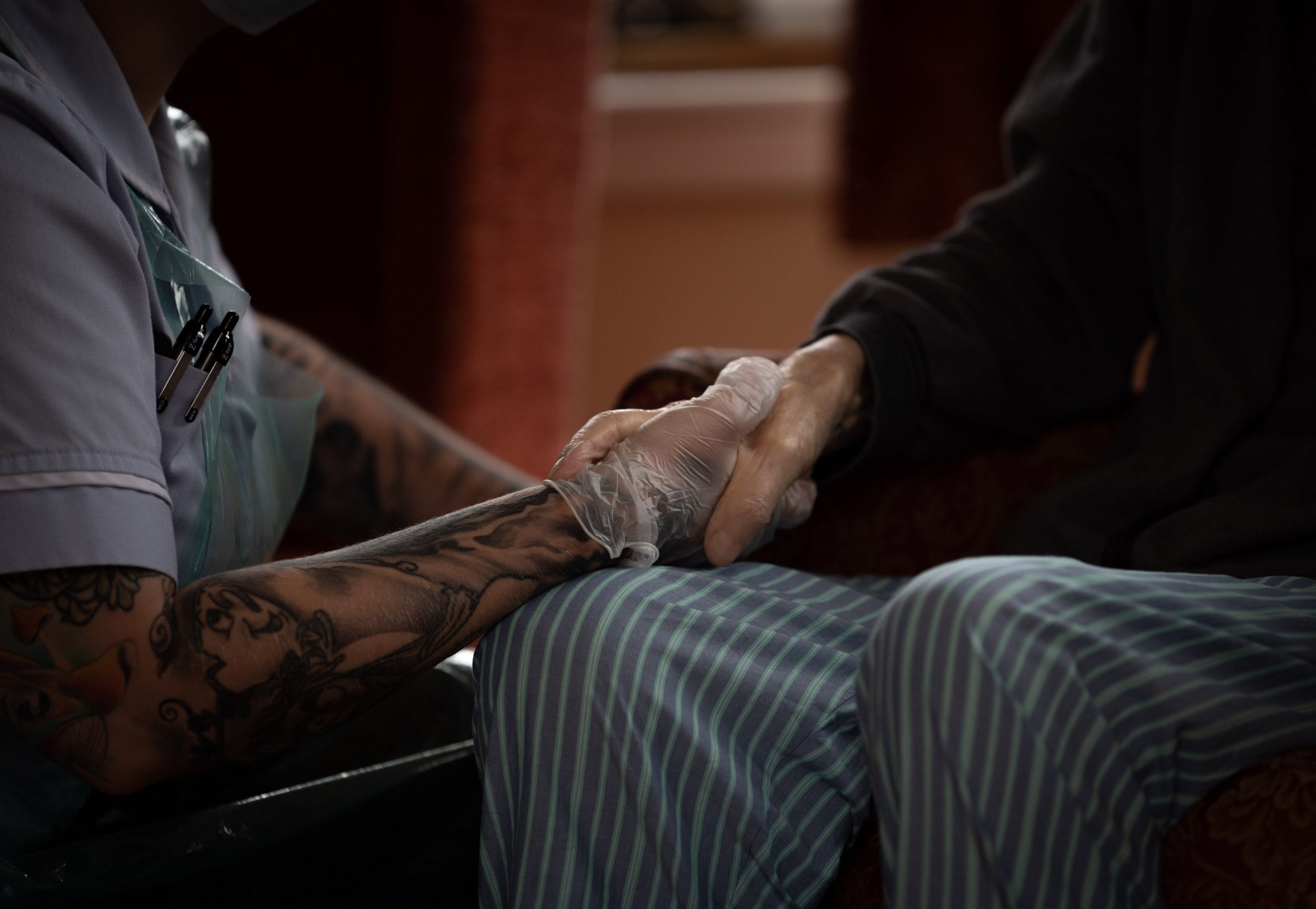
7/18
Jack Dodsley, 79, with a carer in PPE
Tom Maddick/SWNS
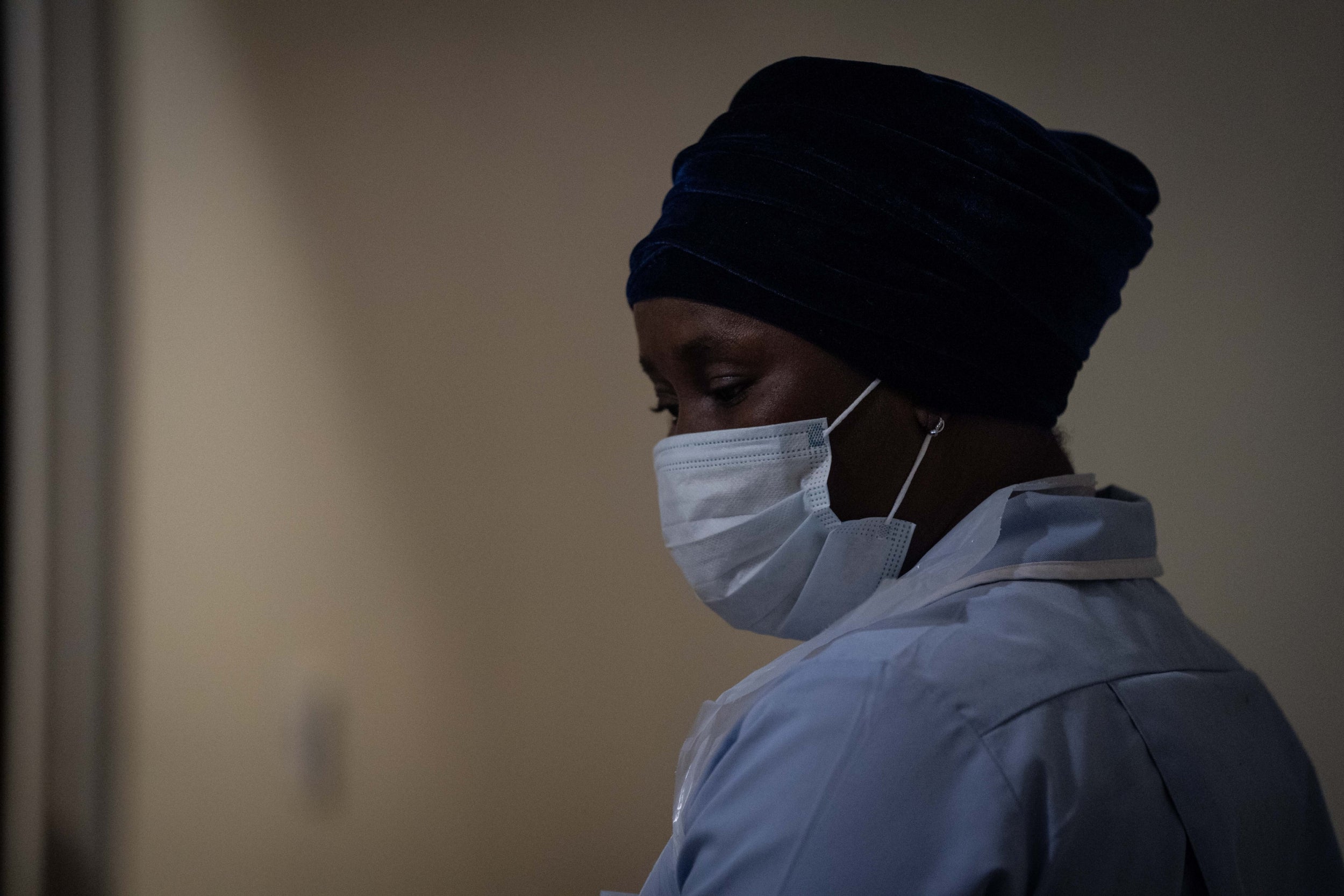
8/18
A care staff member wearing PPE
Tom Maddick/SWNS
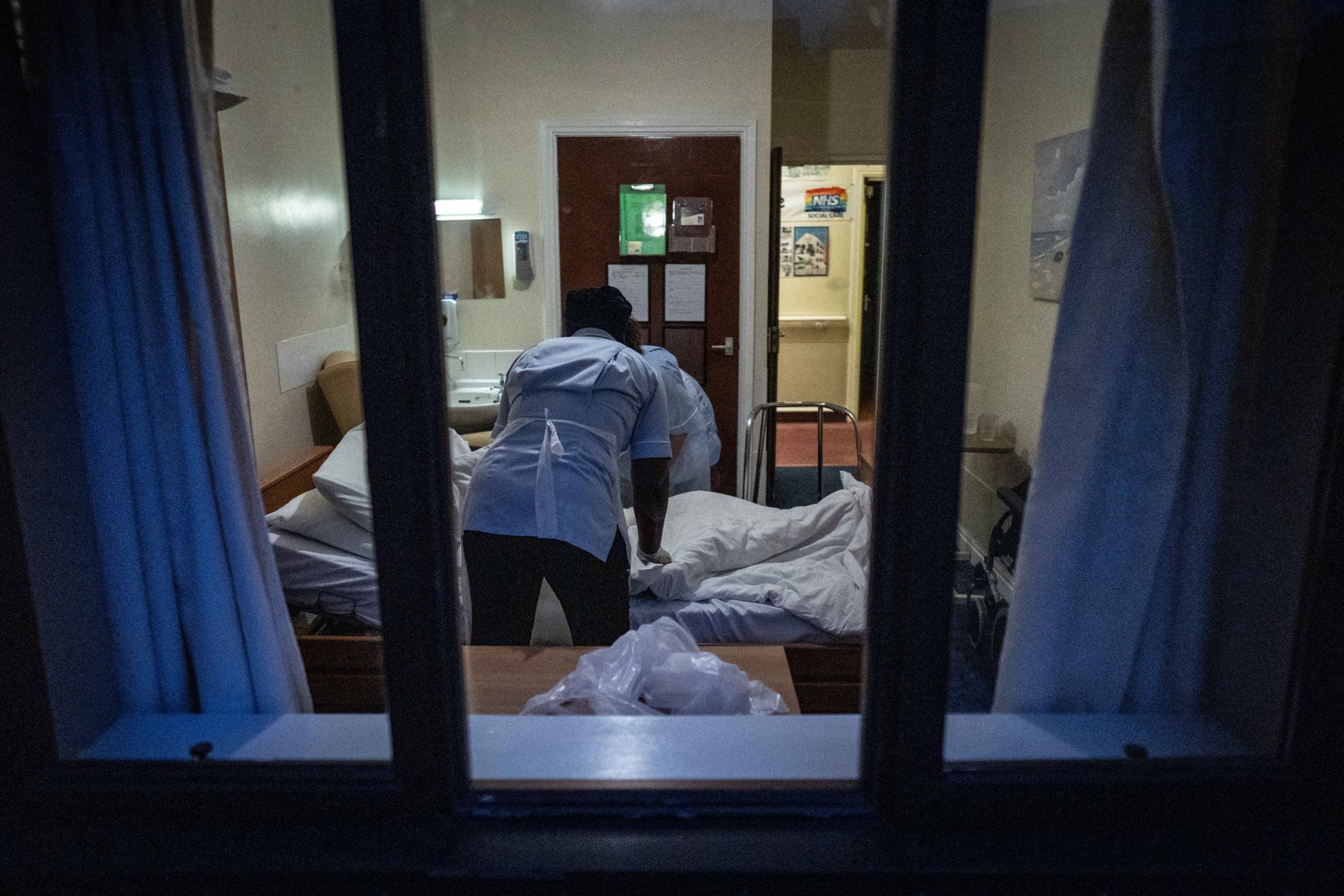
9/18
A staff member at Newfield Nursing Home looks after a resident
Tom Maddick/SWNS
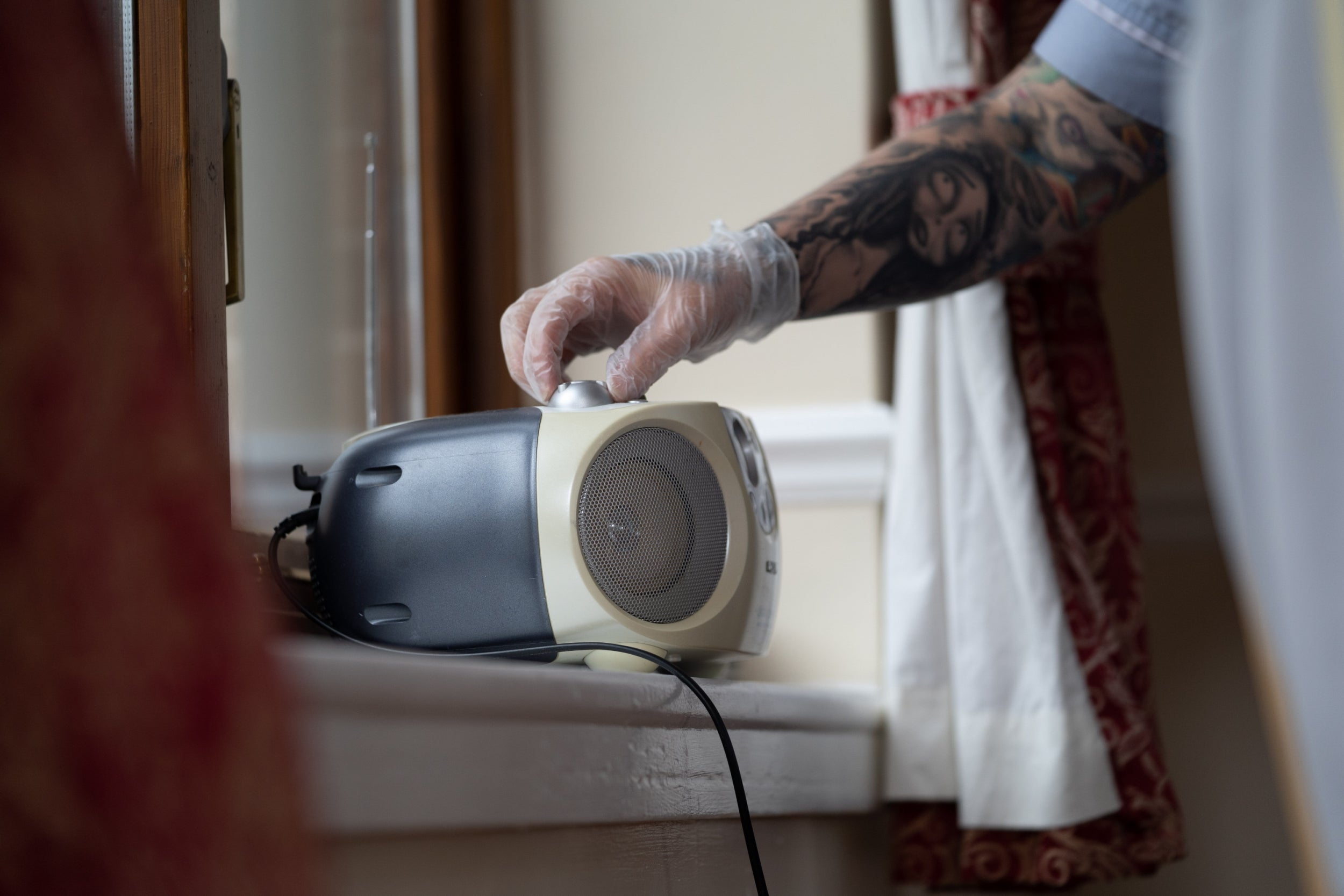
10/18
A carer wearing PPE uses a speaker
Tom Maddick/SWNS
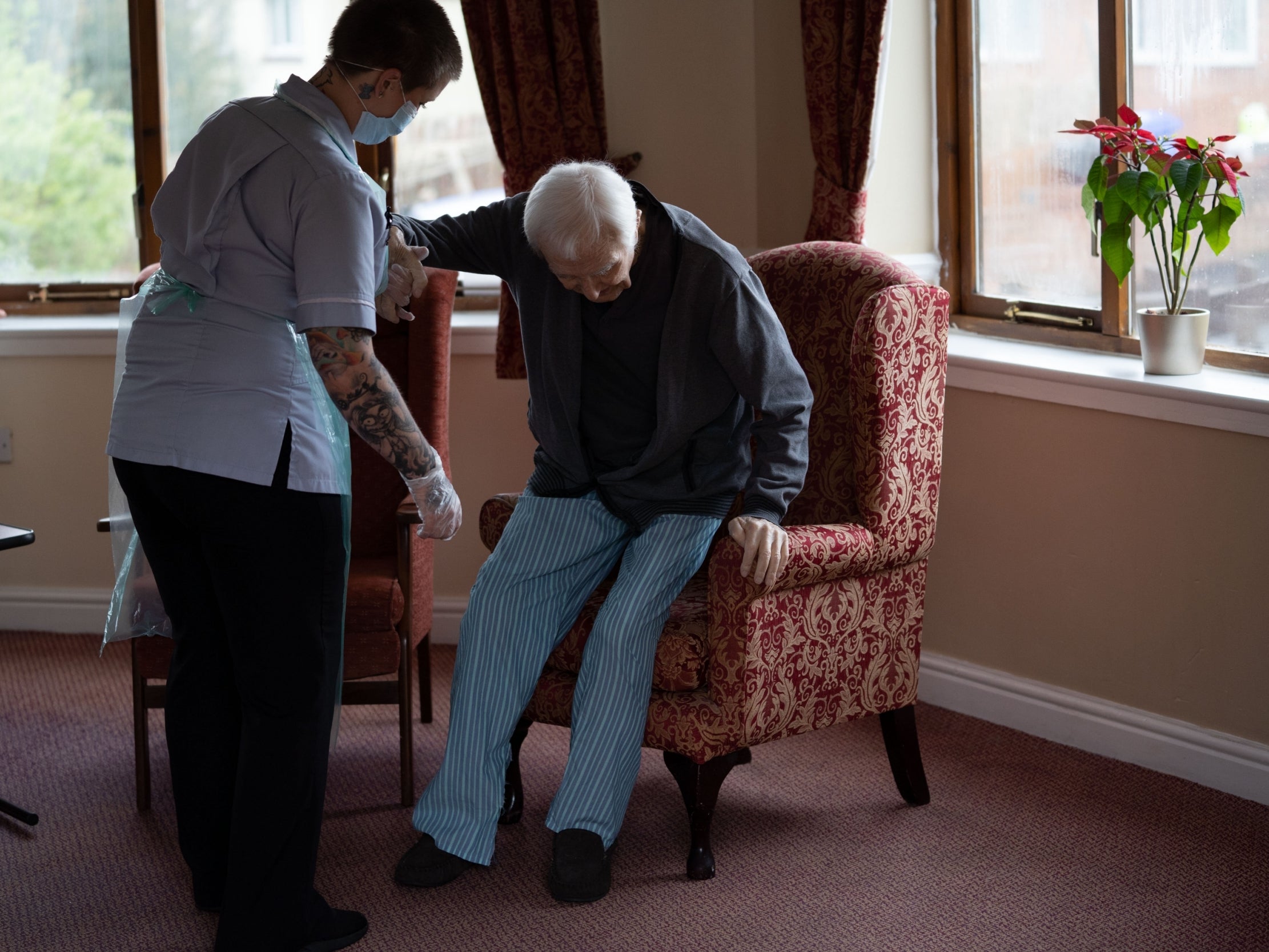
11/18
A carer helps Jack Dodsley, 79, from his chair
Tom Maddick/SWNS
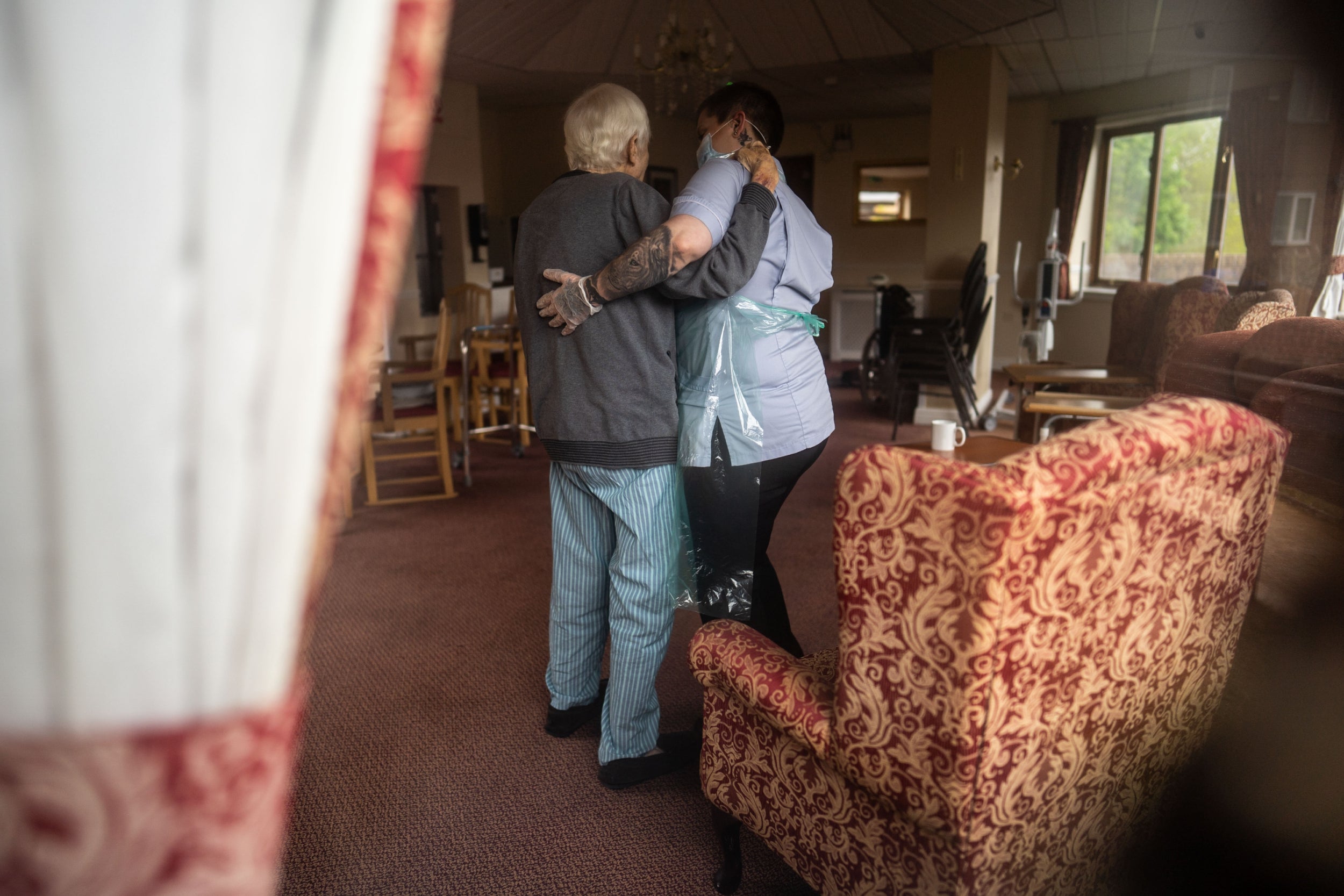
12/18
A carer wearing PPE helps Jack Dodsley, 79
Tom Maddick/SWNS
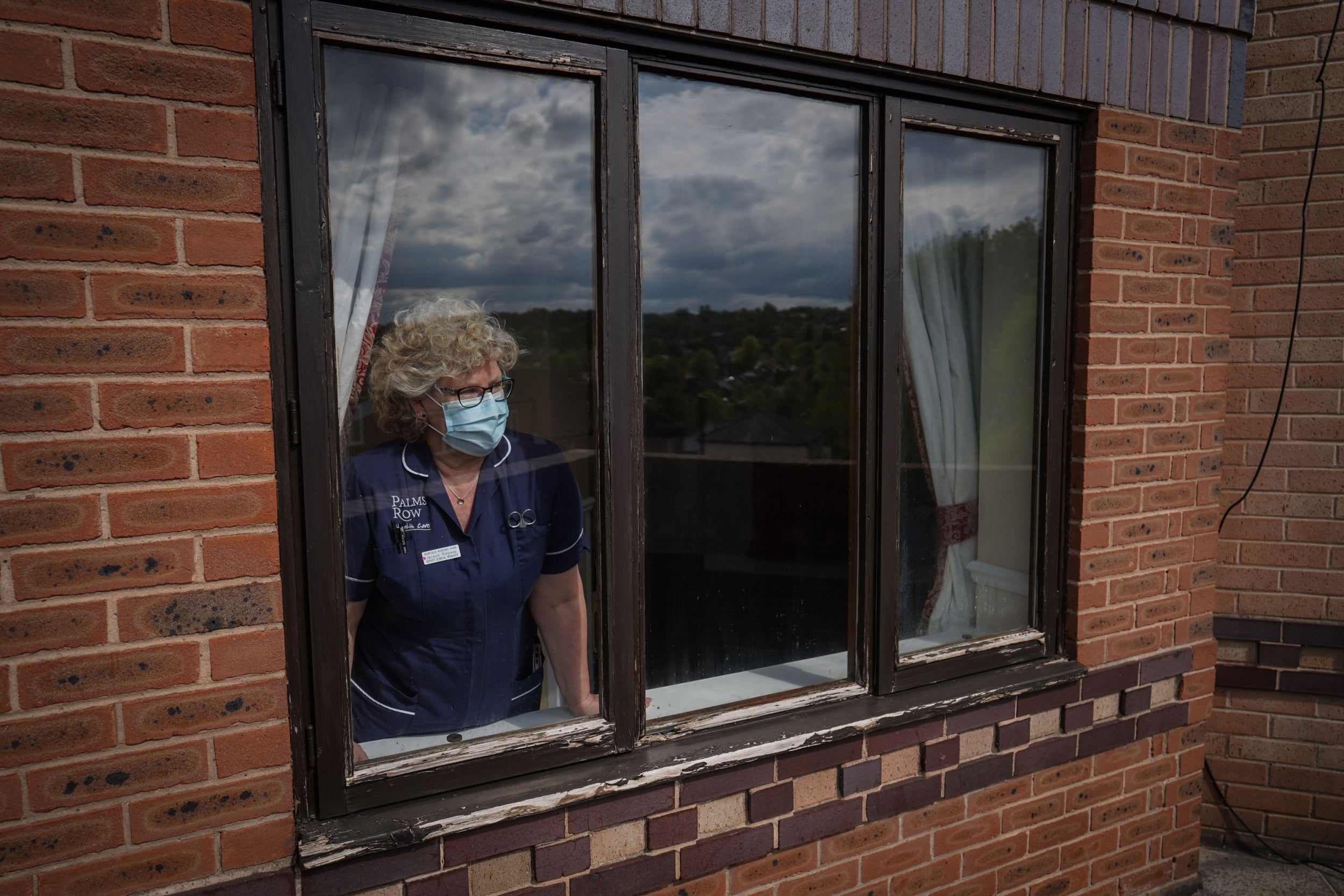
13/18
A staff member at Newfield Nursing Home
Tom Maddick/SWNS
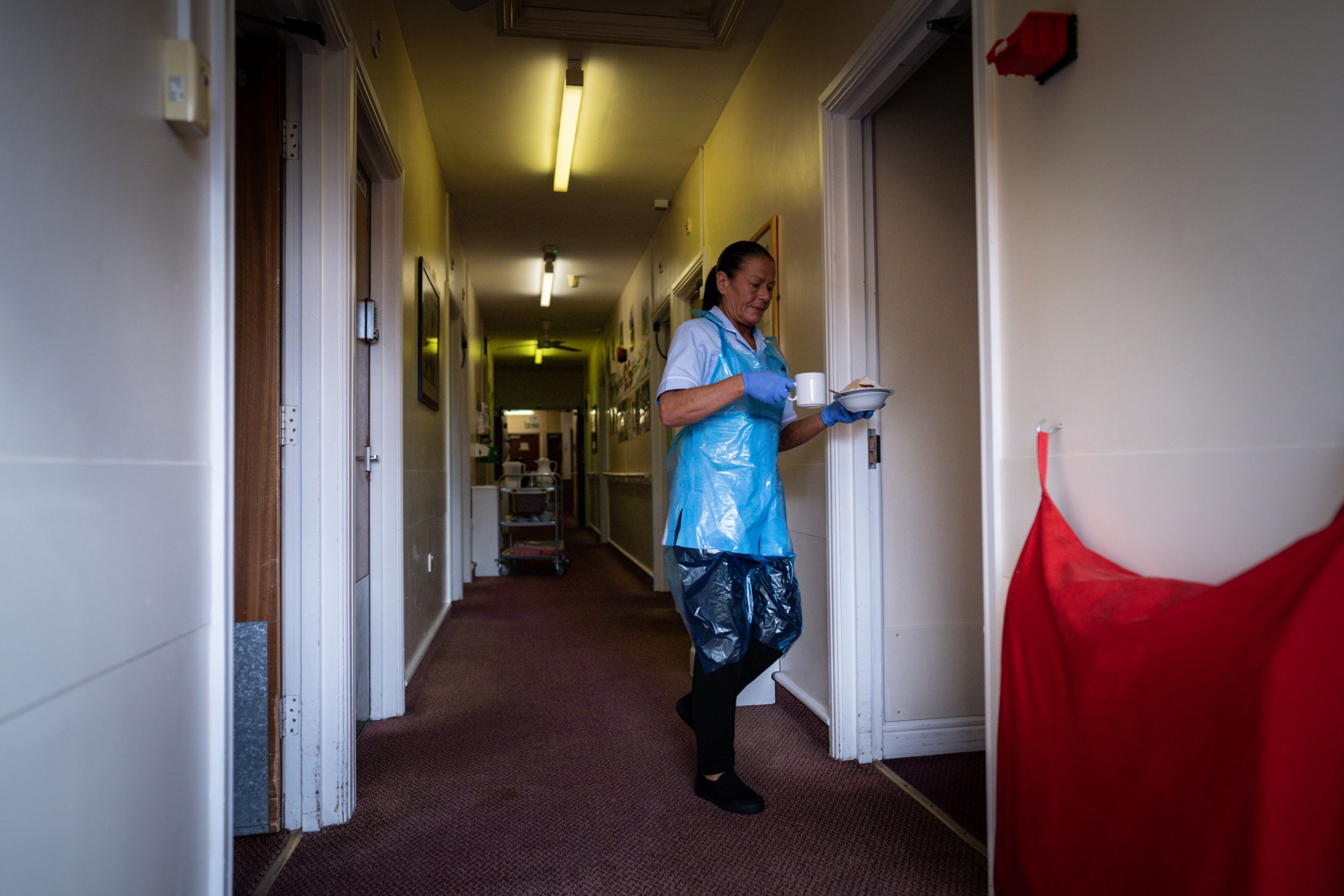
14/18
A carer brings food to a resident at Newfield Nursing Home
Tom Maddick/SWNS
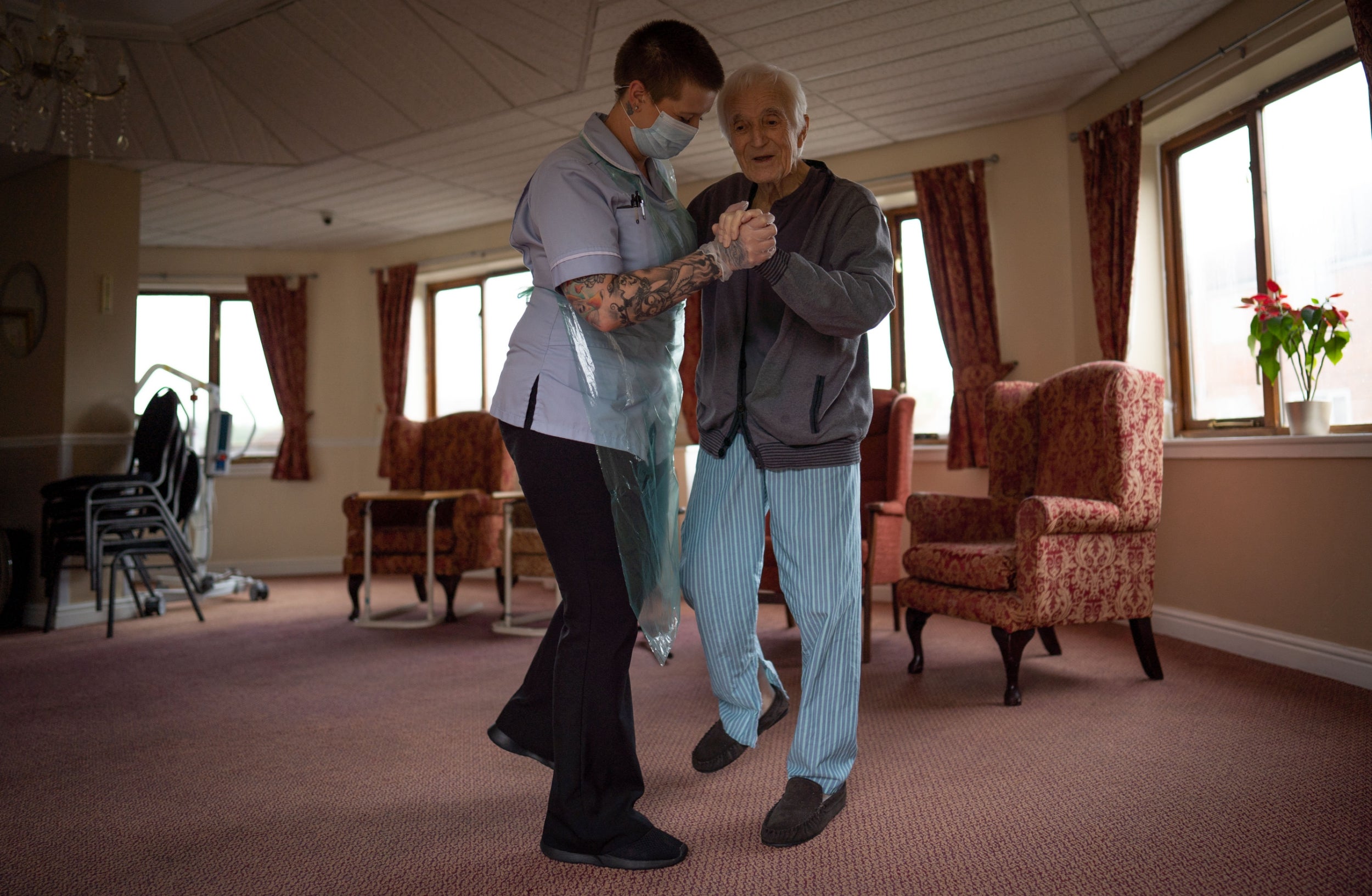
15/18
Jack Dodsley, 79, with a carer in PPE
Tom Maddick/SWNS
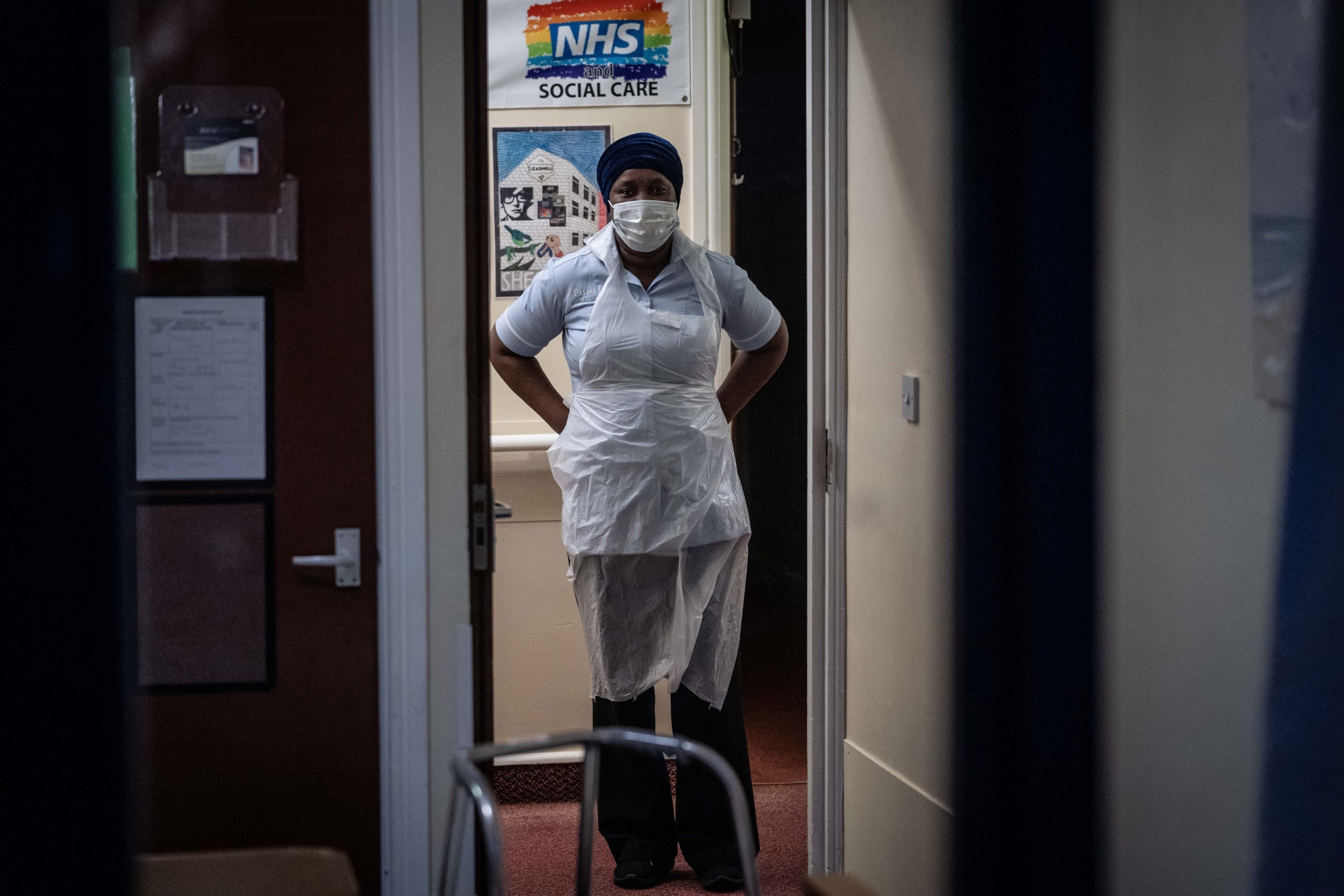
16/18
A staff member puts on PPE at Newfield Nursing Home
Tom Maddick/SWNS
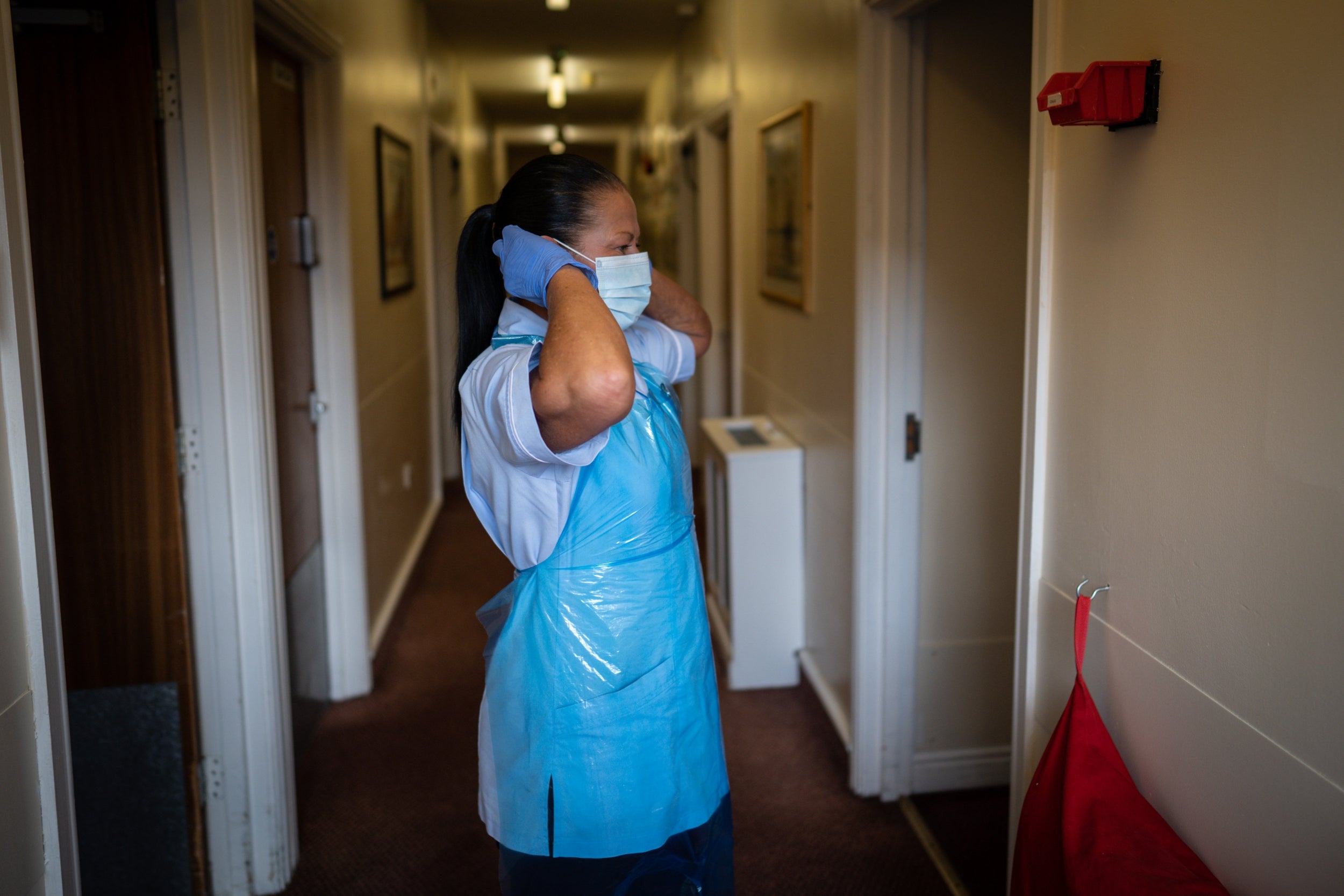
17/18
Jackie Wilson, a healthcare assistant, puts on PPE before she enters a room
Tom Maddick/SWNS
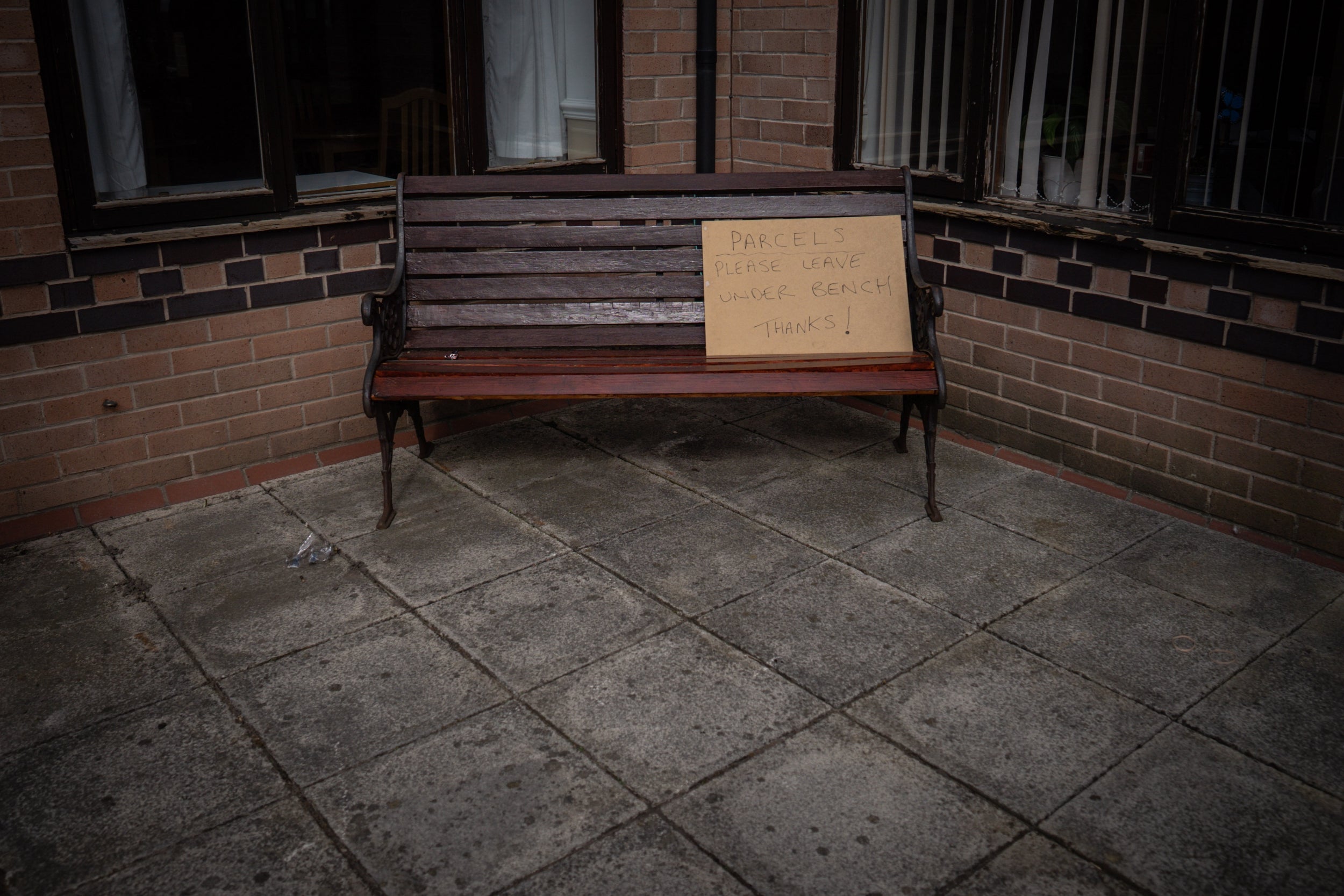
18/18
A bench at Newfield Nursing Home
Tom Maddick/SWNS

1/18
Jack Dodsley, 79, with a carer in PPE at Newfield Nursing Home
Tom Maddick/SWNS

2/18
Jackie Wilson, a healthcare assistant, wearing PPE before going into rooms
Tom Maddick/SWNS

3/18
Jack Dodsley, 79, speaks to a carer at Newfield Nursing Home
Tom Maddick/SWNS

4/18
Carers working at Newfield Nursing Home
Tom Maddick/SWNS

5/18
A care worker wearing PPE opens a drink carton
Tom Maddick/SWNS

6/18
Jack Dodsley, 79, sits with a carer
Tom Maddick/SWNS

7/18
Jack Dodsley, 79, with a carer in PPE
Tom Maddick/SWNS

8/18
A care staff member wearing PPE
Tom Maddick/SWNS

9/18
A staff member at Newfield Nursing Home looks after a resident
Tom Maddick/SWNS

10/18
A carer wearing PPE uses a speaker
Tom Maddick/SWNS

11/18
A carer helps Jack Dodsley, 79, from his chair
Tom Maddick/SWNS

12/18
A carer wearing PPE helps Jack Dodsley, 79
Tom Maddick/SWNS

13/18
A staff member at Newfield Nursing Home
Tom Maddick/SWNS

14/18
A carer brings food to a resident at Newfield Nursing Home
Tom Maddick/SWNS

15/18
Jack Dodsley, 79, with a carer in PPE
Tom Maddick/SWNS

16/18
A staff member puts on PPE at Newfield Nursing Home
Tom Maddick/SWNS

17/18
Jackie Wilson, a healthcare assistant, puts on PPE before she enters a room
Tom Maddick/SWNS

18/18
A bench at Newfield Nursing Home
Tom Maddick/SWNS
“We need to add to that everyone in the country who has got symptoms and everyone who has been in contact with someone who has got symptoms,” the Labour leader said.
The latest news on Brexit, politics and beyond direct to your inbox
The comments come as Mr Hancock prepares to launch a new nationwide campaign to persuade as many as people as possible to download the app – which requires a 60 per cent take-up to be successful.
In echoes of the “stay at home” campaign, the public will be told it is their duty to use the technology to protect health, ease the lockdown and get the country back to work.
Together with physical tracing, it is seen as key to preventing a second epidemic by identifying people who potentially have the virus even before they are symptomatic.
Mr Hancock has brushed off privacy concerns about the information to be collected from phones and insisted a “centralised” system is essential to locate future local flare-ups.
He also promised that over-70s would not face “blanket measures” when restrictions are relaxed, after warnings of “social unrest” if they did.
On face masks, he insisted the advice has not changed, saying: “The evidence around the use of face coverings amongst the general population is weak, one way or the other.”
And on calls to allow Premier League football again next month, the health secretary replied: “Well, I’m absolutely open to that. And horse racing too.
“And, I know that both the Premier League and racing are working on how this might be doable in a safe way, but that safety has to be paramount.”



